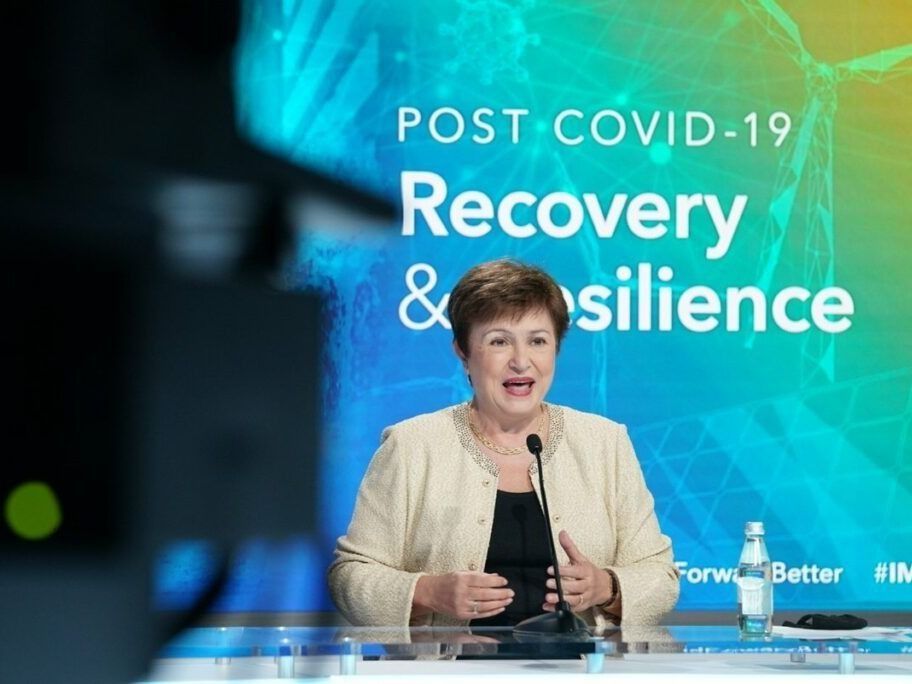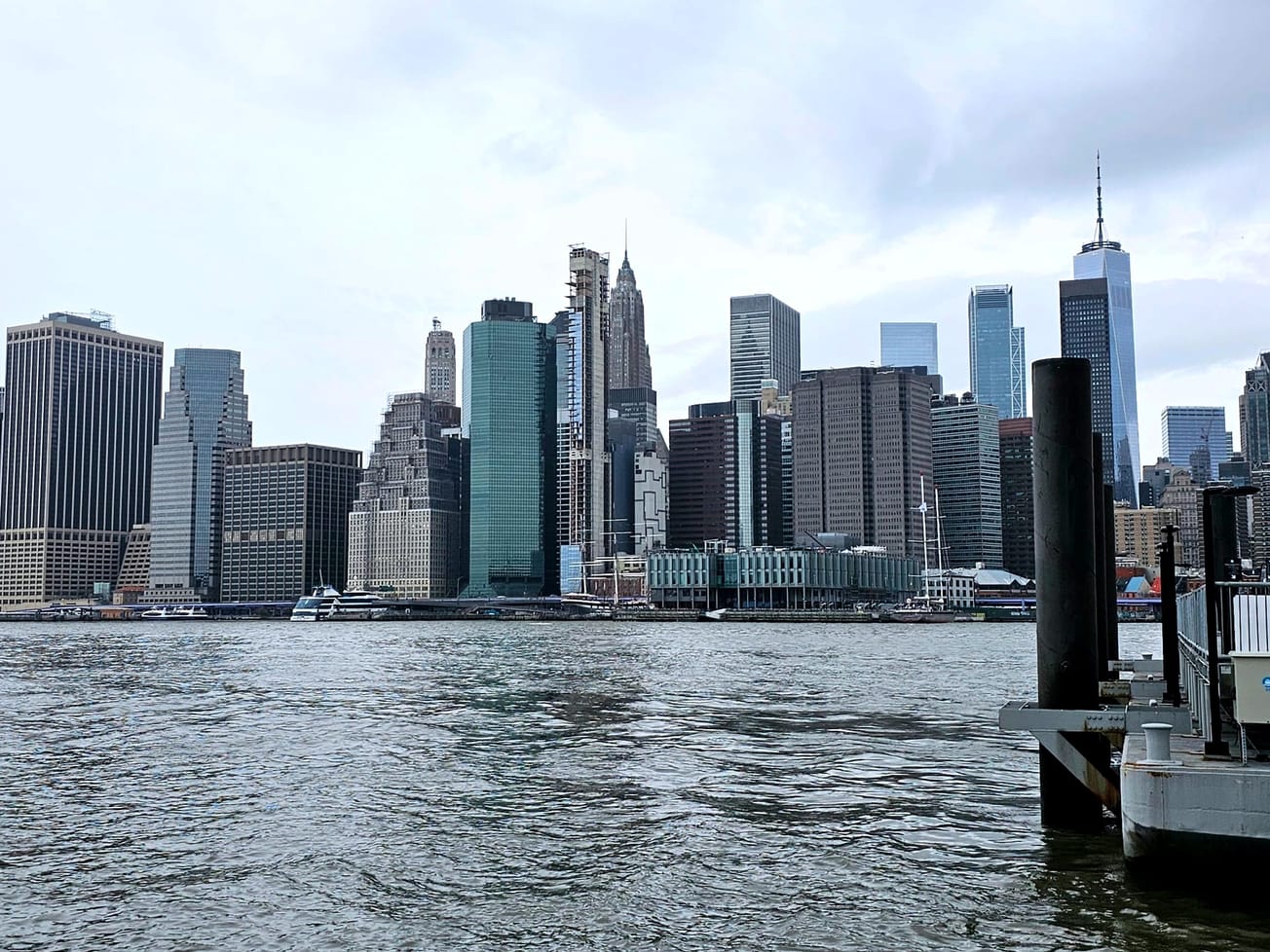WASHINGTON (AN) — The pandemic-hit global economy is expected to contract by as much as 4.4% this year in the worst yearly drop since the 1930s-era Great Depression, the International Monetary Fund forecast on Tuesday.
That far outstrips the 0.1% shrinkage in the global economy after the 2008 financial crisis, and drastically reverses the 2.8% growth last year.
IMF's latest monthly World Economic Outlook is a slight improvement from its forecast in June, but is significantly worse than in April, when it said the global economy will likely suffer the worst crisis since the Great Depression from a 3% contraction in 2020.
“The COVID-19 pandemic has had a more negative impact on activity in the first half of 2020 than anticipated, and the recovery is projected to be more gradual than previously forecast,” IMF said in a statement.
The slight improvement by 0.8% from June is due to faster recoveries than expected in China and several other countries, IMF said, and the huge amounts that some governments, including the United States, spent propping up their shattered economies.
The 189-nation IMF, which is supposed to ensure stability in the international monetary system’s exchange rates and international payments, now predicts the economy will rebound to 5.2% global growth next year, down 0.2% from its June forecast.
"The adverse impact on low-income households is particularly acute, imperiling the significant progress made in reducing extreme poverty in the world since the 1990s," it said.
'Long, uneven and uncertain' recovery
The United States, the world's biggest national economy, is expect to contract by 4.3% this year, compared with 2.2% growth last year, but to recover to 3.1% growth next year.
China, the world’s second-largest national economy, is expected to grow by 1.9% this year, down from 6.1% growth last year, before recovering to 8.2% next year.
The World Bank estimates the pandemic forced another 88 million to 114 million people into extreme poverty, which is defined as living on less than US$1.90 a day. That would reverse more than two decades of progress in helping lift millions of people out of poverty.
It also makes many of the United Nations' 17 anti-poverty Sustainable Development Goals for 2030, or SDGs, incalculably more difficult to achieve. Gina Gopinath, IMF's chief economist, said the global economy's recovery "is not assured while the pandemic continues to spread" and the way back to growth will be "long, uneven and uncertain."
In a separate report, IMF economists warned that massive coronavirus recovery spending around the globe could lead to problems with huge debt piles later, particularly among businesses that take on large loans in an environment of low interest rates. When things change, they may risk going bankrupt — adding to more borrowing amid tighter lending.
“The COVID-19 pandemic could be a major resilience test for the global financial system,” they wrote in Tuesday's Global Financial Stability Report. “Triggers such as new virus outbreaks, policy missteps, or other shocks could interact with pre-existing vulnerabilities and tip the economy into a more adverse scenario.”









